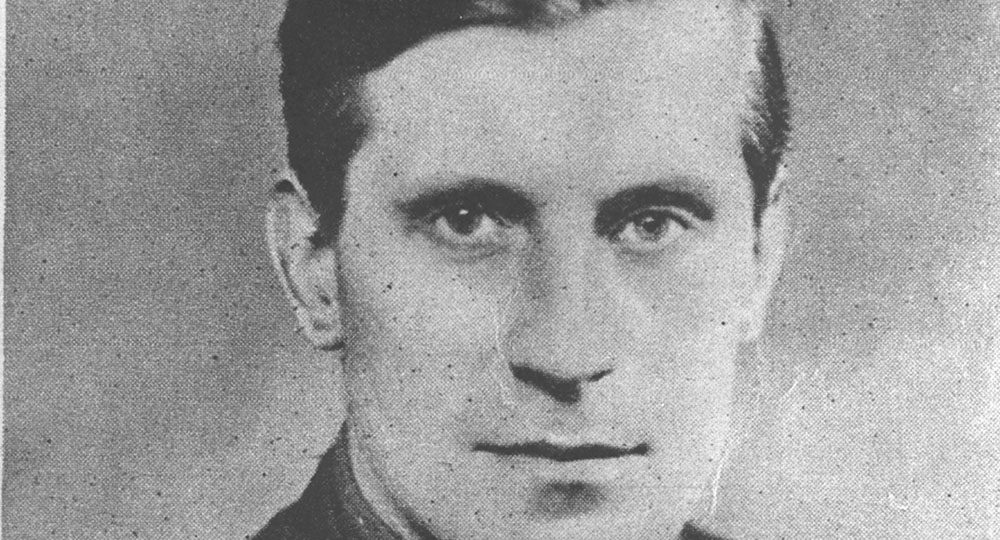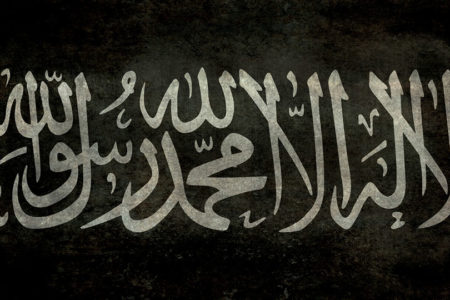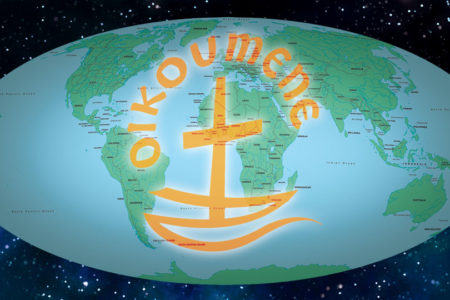Wingate the Zionist
An aircraft suddenly plunged to earth and burst into flames. The cause for the crash near Imphal, India, on March 24, 1944, has remained a mystery. All nine men aboard were killed and burned beyond recognition.
Their remains were buried at Arlington National Cemetery in Washington, DC. Throughout Israel today, the copilot is remembered fondly by his Hebrew codename, HaYedid, “the friend.” The man was Maj. Gen. Orde Charles Wingate.
Born on February 26, 1903, in British-occupied India, Wingate grew up in a conservative, Christian, evangelical home. From his early years, he took God’s Word literally, and his worldview reflected that fact.
Like his father and grandfather, Orde pursued a career in the British Army. At 17 he attended the Royal Military Academy and was later commissioned to a Royal artillery brigade. He also began studying Arabic at the prestigious School of Oriental Studies in London. While in the Sudan tracking down slave traders and ivory poachers, Wingate developed a unique ambush system that replaced regular patrols.
In 1936 Wingate was posted as an intelligence officer to British-controlled Palestine (Israel). About the same time, the grand mufti of Jerusalem, Haj Amin al-Husseini (1893–1974), a Nazi and fascist collaborator, was inciting terrorist campaigns against Jewish and British targets in what became known as the Arab Revolts (1936–1939).
During this time many, but not all, British officers were pro-Arab and disliked Jews. When Wingate arrived, the Jewish people assumed he was the same. What a shock it was when he defied popular sentiment and embraced Zionism.
Wingate established a military base at Kibbutz Ein Harod, a site associated with one of his favorite Bible heroes, Gideon, in the book of Judges. He identified with Gideon, who defeated a large enemy force with merely a few men. Just as God had helped Gideon, so Wingate felt God would help him take on big challenges with few resources.
At personal risk, he initiated a plan to help the Jewish people fight back against Arab attacks. First, he clandestinely trained special night squads to ambush marauders and raiders. Second, with unofficial British support, he helped the Haganah set up a defense system. (Haganah is Hebrew for “defense” and was the name of the Jewish paramilitary organization defending the Jewish people in Palestine.) His work later led to the formation of the modern Israel Defense Forces.
Wingate told British policy-makers the Jewish people should be given Palestine as their homeland. British authorities, however, disliked that Wingate had become so friendly with the Jews. Instigated by the mufti and those throughout the British military and government who were hostile to Jewish aspirations, Wingate was unceremoniously expelled from the land in 1939. Placed on his passport was a restriction forbidding him from ever returning.
His enemies tore him from Israel, but they could not tear Israel from his heart. Days before his departure, he and his many friends and supporters gathered in a home. In a most heartfelt farewell, he raised his hand and uttered in Hebrew the customary oath Jewish people say when leaving their revered homeland: “If I forget you, O Jerusalem, let my right hand forget its skill! If I do not remember you, let my tongue cling to the roof of my mouth—if I do not exalt Jerusalem above my chief joy” (Ps. 137:5–6).
During World War II, Wingate successfully fought against the Italian fascists who occupied Ethiopia. Then, in 1943, the Japanese overpowered the British, pushing them out of Burma. Wingate was called in to organize a resistance. He formed a guerrilla force that took the offensive to the enemy. The Allies were so successful the Japanese failed in their 1944 offensive into India. Soon afterward, Wingate boarded the fateful B-25 Mitchell Bomber that was last seen ablaze on a hillside.
When Jerusalem received word of his death, a memorial service was organized in a synagogue. A special prayer was composed on his behalf: “Remember unto him his love for the words of your prophets concerning the return of the House of Israel to its Holy Land.” The prayer added, “May the name of Orde Wingate be remembered in the book of redemption of the House of Israel for eternity.”1
Orde Charles Wingate carried a small, leather-bound Bible in his pocket wherever he went. In 1948, during Israel’s War of Independence, Wingate’s wife, also a committed Zionist, gave her husband’s Bible to Jewish fighters fending off Arab armies in northern Israel.
God used Orde Wingate to bless the Jewish people, and they will always remember him as a true friend of Israel.
ENDNOTE
- Michael Freund, “Remembering a Christian Warrior for Zion,” The Jerusalem Post, March 24, 2012 <tinyurl.com/9x4446a>.






